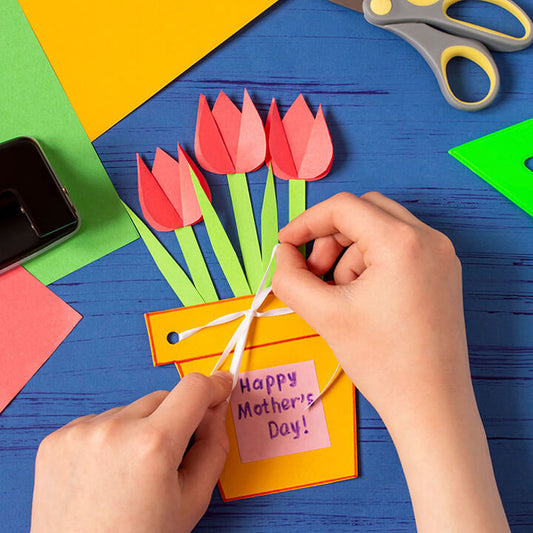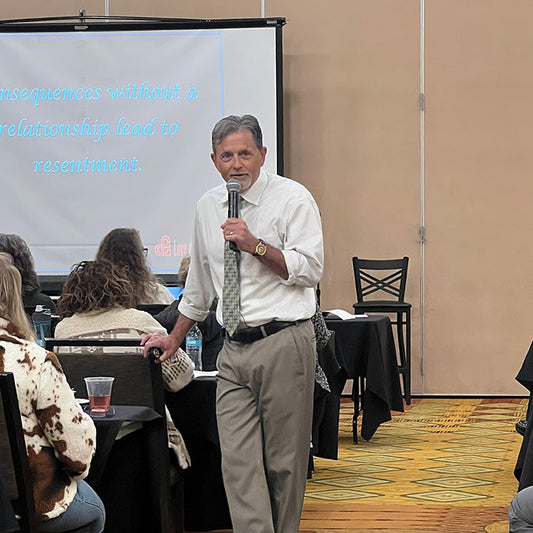When I was young, my parents gave me a weekly allowance—and taught me a valuable lesson about money management. They explained the rules: my allowance was mine to manage. I could spend it however I wished, but I was also responsible for buying my own school lunches.
That week, our family went to the carnival, and I spent every penny on games and treats. I didn’t think twice—until Monday morning, when I realized I had no money left for lunch. I went to my dad and asked what to do. He said calmly, “Go get your lunch money from your pay envelope.” When I told him it was gone, he replied with genuine empathy, “Oh no, that’s really too bad. What are you going to do about that?”
I asked if I could make a lunch from the refrigerator, but he said, “Sure—if you can afford to pay for it. Mom and I already paid you once for lunches, and we don’t want to pay again.” That week was tough. I skipped lunch and learned quickly that managing money matters. My parents made sure I didn’t go hungry at breakfast and dinner, but the lesson stuck: when money’s gone, it’s gone.
Love and Logic parents use allowances like this to help kids learn money management and personal responsibility. When children experience the natural consequences of their financial choices early, they learn not only to be more fiscally responsible, but they will become responsible in all areas of life. Here are four simple Love and Logic rules for using allowances to build lifelong skills.
Four Love and Logic Rules for Using Allowances

Rule One: Children do not earn their allowance
We do not pay them to do chores. Kids should see chores as contributing their fair share of the family workload. We only pay them for chores when they do our chores.
Rule Two: Provide the allowance at the same time every week
Put the cash for the allowance in an envelope and include a small invoice that lists the breakdown of the allowance (for example, a child might have $2 for spending and $8 for lunch money). You can add a message, such as, “Because we love you. Spend it wisely and make it last.”
Rule Three: Never insist that children save the allowance
In general, people learn to save money only after they have experienced being broke. It can be difficult for parents to let their kids go broke, but it will be a lesson that their kids will remember.
Rule Four: As long as they are not engaged in illegal activity, allow children to spend, save, or waste the money any way that they see fit
They can use their money any way they want. For example, they can pay others to do their chores. Here’s the catch—when the money’s gone, it’s gone. No more allowance until the next week’s envelope.
These rules are based on one of the fundamental principles of Love and Logic—let the consequences do the teaching. For more tips on teaching kids to be responsible—without power struggles or lectures—listen to our audio, Four Steps to Responsibility. It walks you through a simple, proven process to raise confident, capable, and self-reliant kids while you stay calm and consistent.
Thanks for reading!






















































